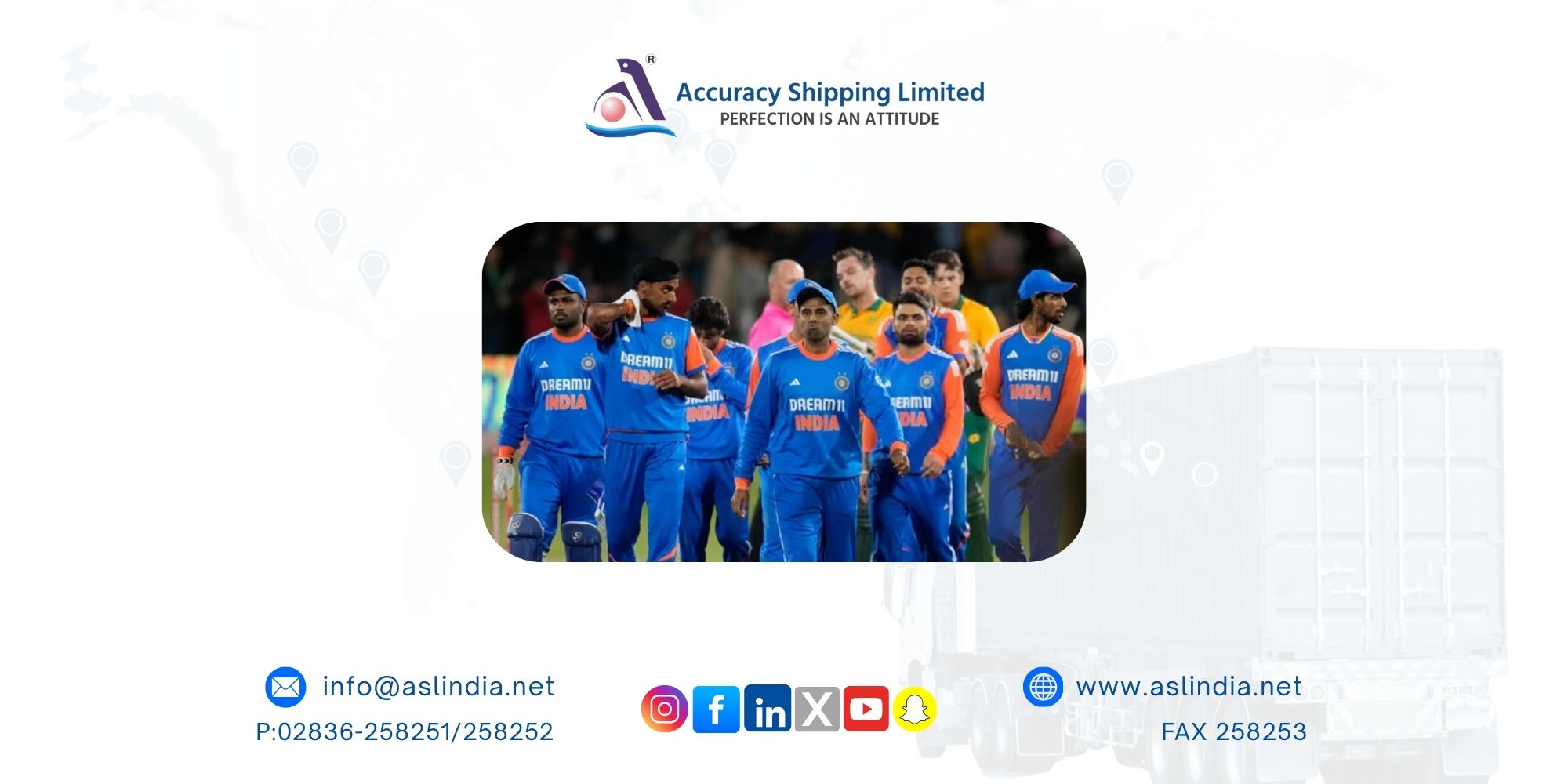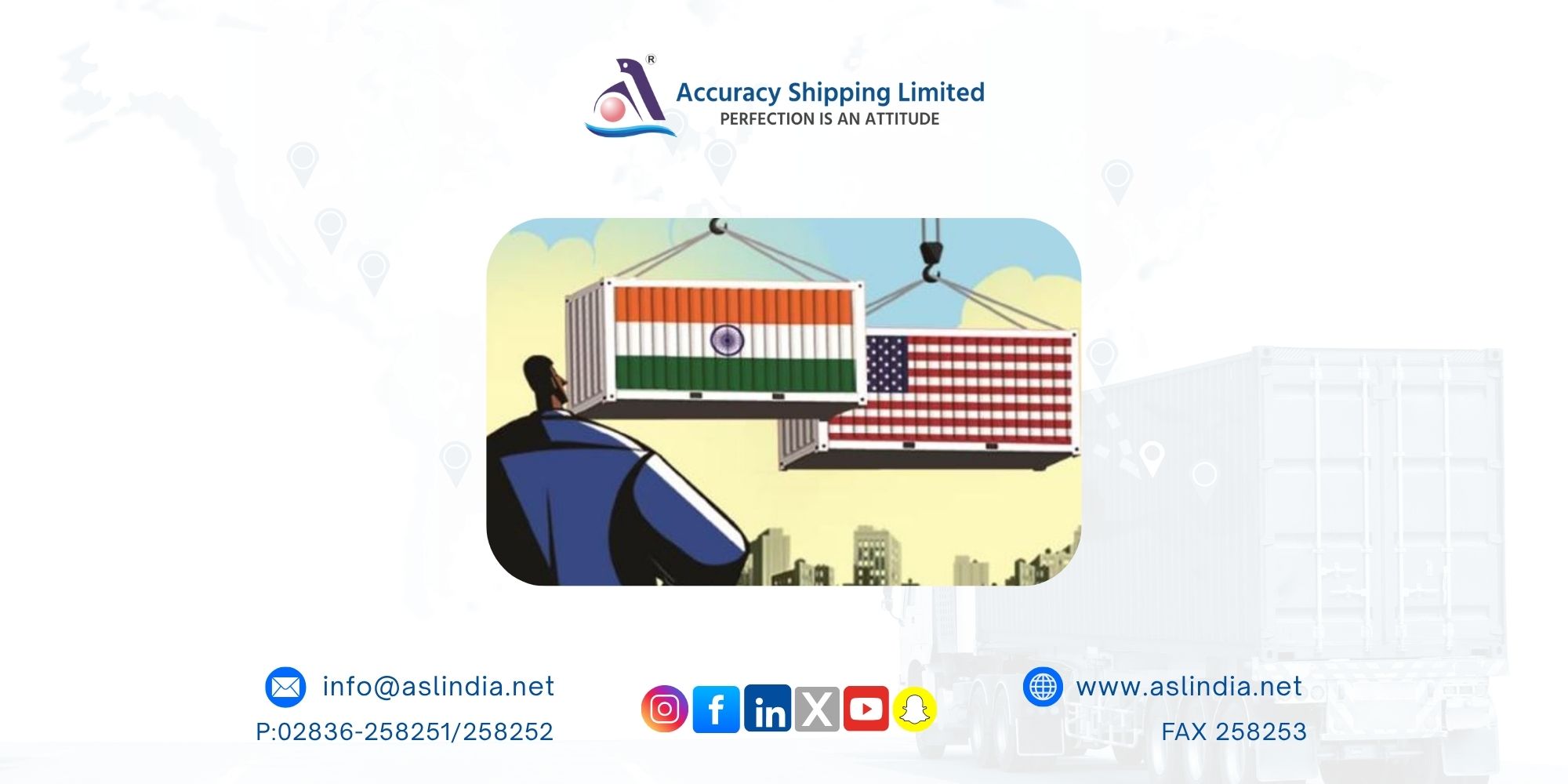HPV-Related Cancer Can Affect Men Too, Say Doctors at ‘Conquer HPV and Cancer Conclave 2025’

Visakhapatnam, June 2025 Human Papillomavirus (HPV) has long been associated with cervical cancer in women, but doctors and health experts are now urging the public to understand the virus’s impact on men as well. At the recently held ‘Conquer HPV and Cancer Conclave 2025’ in Visakhapatnam, organised by the Serum Institute of India, leading medical professionals highlighted the urgent need for gender-inclusive awareness and vaccination efforts.
HPV: Not Just a Women’s Issue
HPV-related diseases go beyond cervical cancer. Experts at the conclave emphasized that the virus also causes penile cancer, oropharyngeal cancer, and genital warts in men. Yet, public perception still largely views HPV as a threat only to women. This misunderstanding could be costing lives and prolonging transmission cycles.
“Men can be silent carriers of HPV and unknowingly transmit it to their partners later in life,” doctors warned. Unfortunately, unlike women, who benefit from routine screenings like Pap smears, men have no standard screening options, making prevention through vaccination all the more critical.
A Preventable Tragedy
Cervical cancer is the second leading cause of cancer among women in India. Despite being preventable through timely screening and vaccination, uptake of the HPV vaccine remains shockingly low just 1% in India. Doctors attribute this to a combination of lack of awareness, high costs, and limited access.
Indigenous Vaccine Brings Hope
Until recently, the HPV vaccine available in India was imported and expensive. However, the Serum Institute of India has now developed an indigenous, cost-effective vaccine named Cervavac. This breakthrough is expected to significantly boost the country’s vaccination rate.
Dr. I. Vani, Superintendent of King George Hospital, emphasized that Cervavac has shown 98% effectiveness and voiced hope that India could soon reach a 90% vaccination rate, provided awareness and access improve.
Best Time to Vaccinate: Ages 9 to 15
Doctors including Dr. R. Vidya Rama (Andhra Medical College) and Dr. Sunanda Rani Gutta (Nikitha Hospital) reiterated that the ideal age for HPV vaccination is between 9 and 15 years for both girls and boys. Early immunization can drastically reduce the risk of HPV-related diseases later in life.
Dr. Sunanda Rani also pointed out that “herd immunity” can be achieved if a large segment of the population gets vaccinated, indirectly protecting even those who are unvaccinated.
Government Support and Public Awareness Needed
Efforts are underway to make HPV vaccination part of the Universal Immunisation Programme (UIP). According to Dr. Vani, the Federation of Obstetrics and Gynaecological Societies of India (FOGSI) has already appealed to the Government of India to include the HPV vaccine in its national immunisation schedule.
To raise awareness, doctors echoed the slogan: “Do teeke zindagi ki” (Two vaccine doses for life) urging families to get children vaccinated early and protect them for a lifetime.
Conclusion
HPV does not discriminate. Men and women alike are vulnerable to the virus and its devastating consequences. With the introduction of an affordable, highly effective vaccine and growing awareness, India now has the opportunity to turn the tide against HPV-related cancers. But success will depend on collective action from government support to grassroots education to ensure that no child, boy or girl, is left behind in this life-saving campaign.







